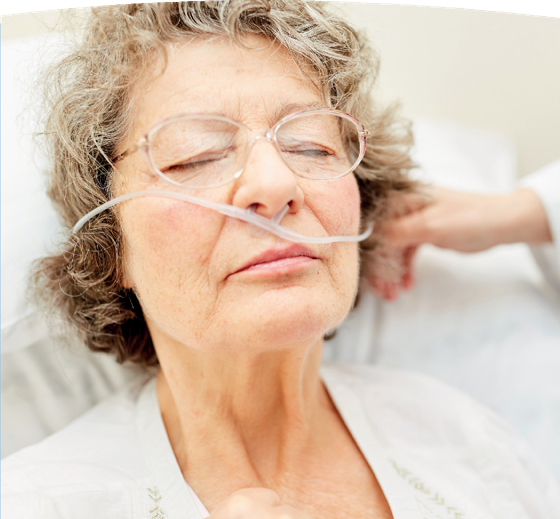
Dangers of using oxygen therapy
This resource highlights the risks associated with oxygen therapy, including fire hazards, smoking dangers, and the use of oils and electrical devices
At St Margaret’s Hospice, we’re here to support everyone impacted by a life-limiting illness. Whether you’re a patient, carer, healthcare professional, or family member, we’ve gathered a range of resources, guidance, and educational programmes to help you navigate this journey with confidence and compassion.

This resource highlights the risks associated with oxygen therapy, including fire hazards, smoking dangers, and the use of oils and electrical devices

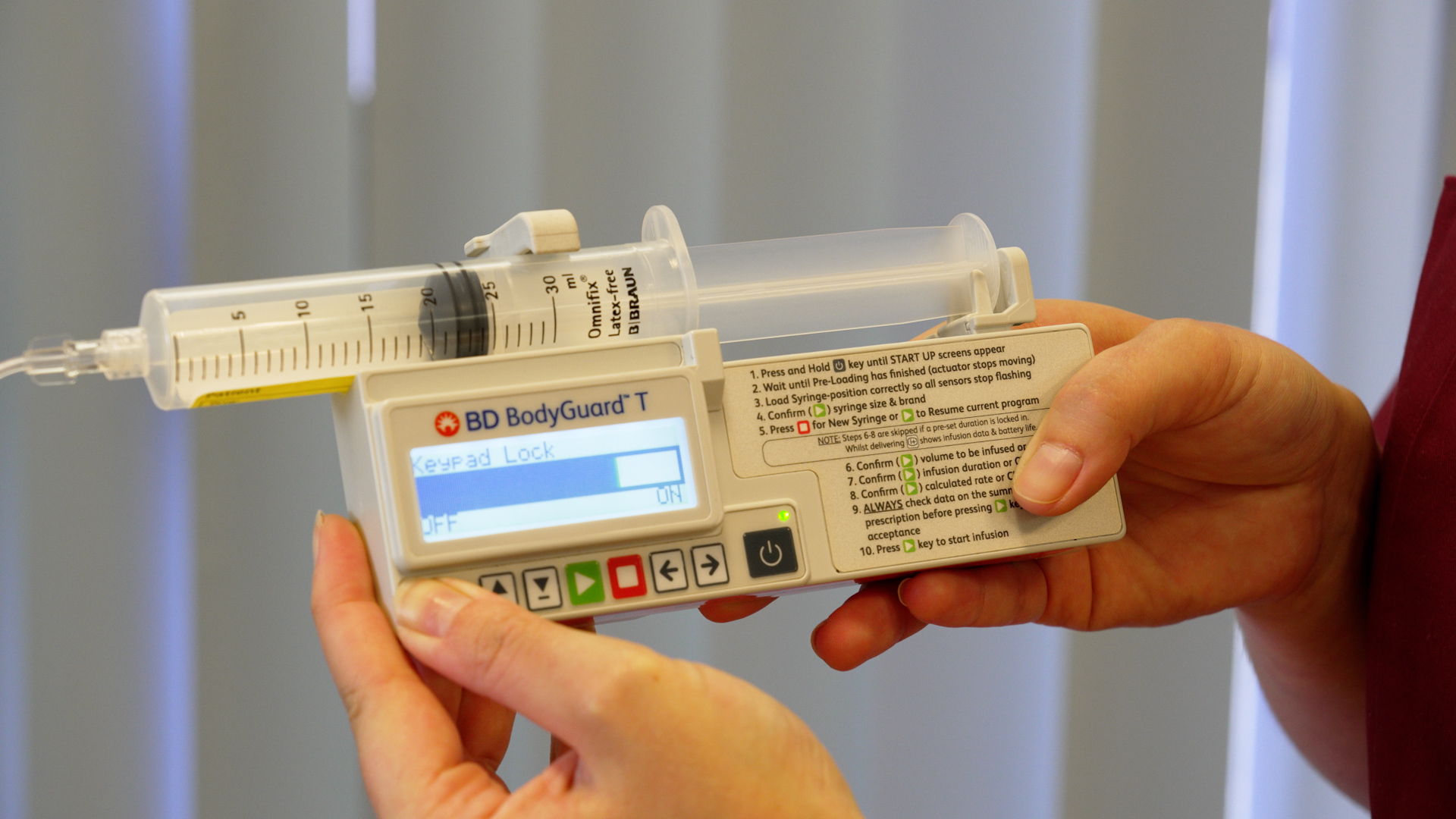
A syringe pump delivers medication under the skin over 24 hours, helping manage symptoms when oral medication isn’t an option.


Our mission is to ensure specialist palliative care is available for those who need it across Somerset. The hospice is committed to improving the provisions of services across Somerset.
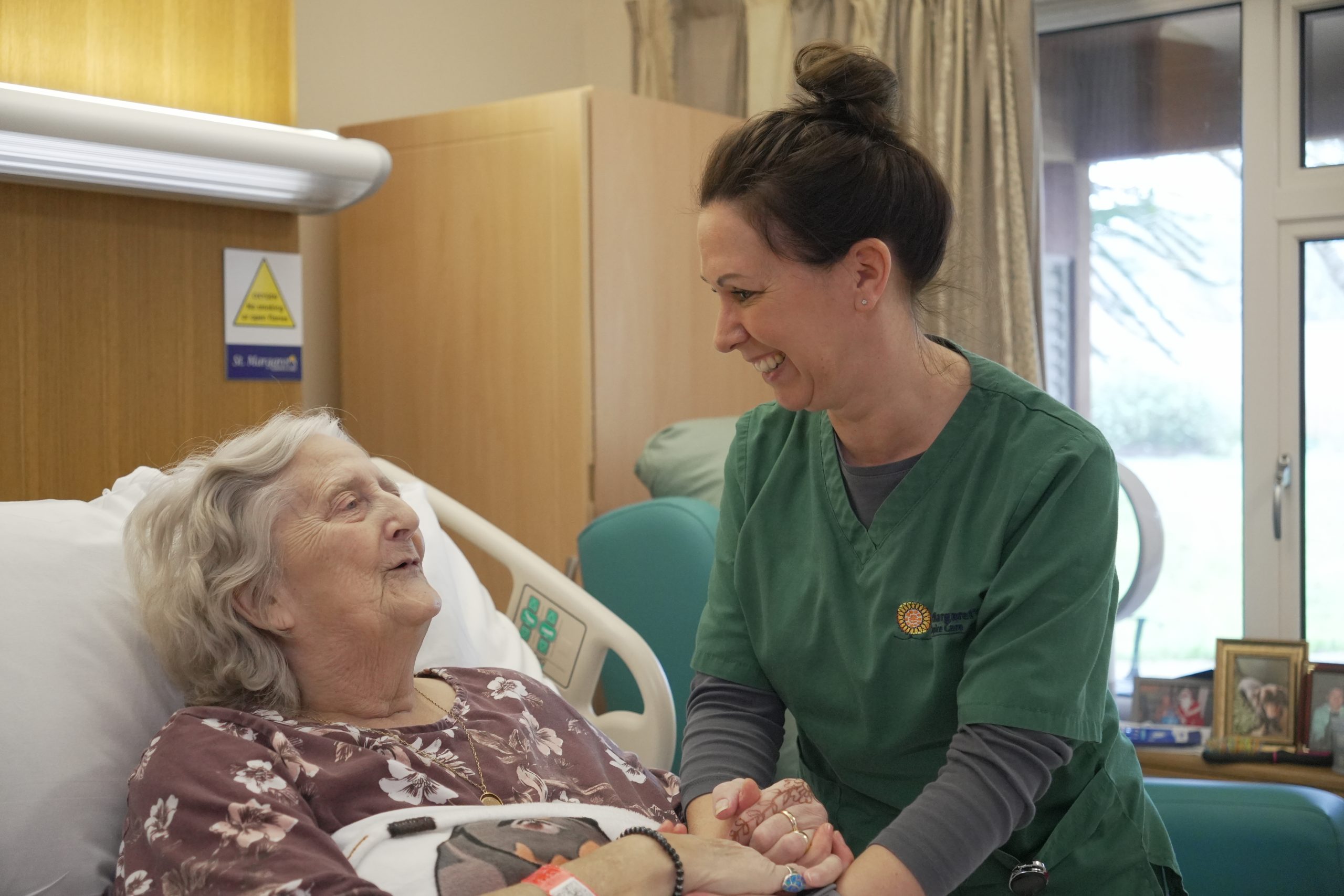
Guidance on using oral/buccal medication for symptom control for people caring for a person for whom recovery is uncertain, or who is in the end of their life.
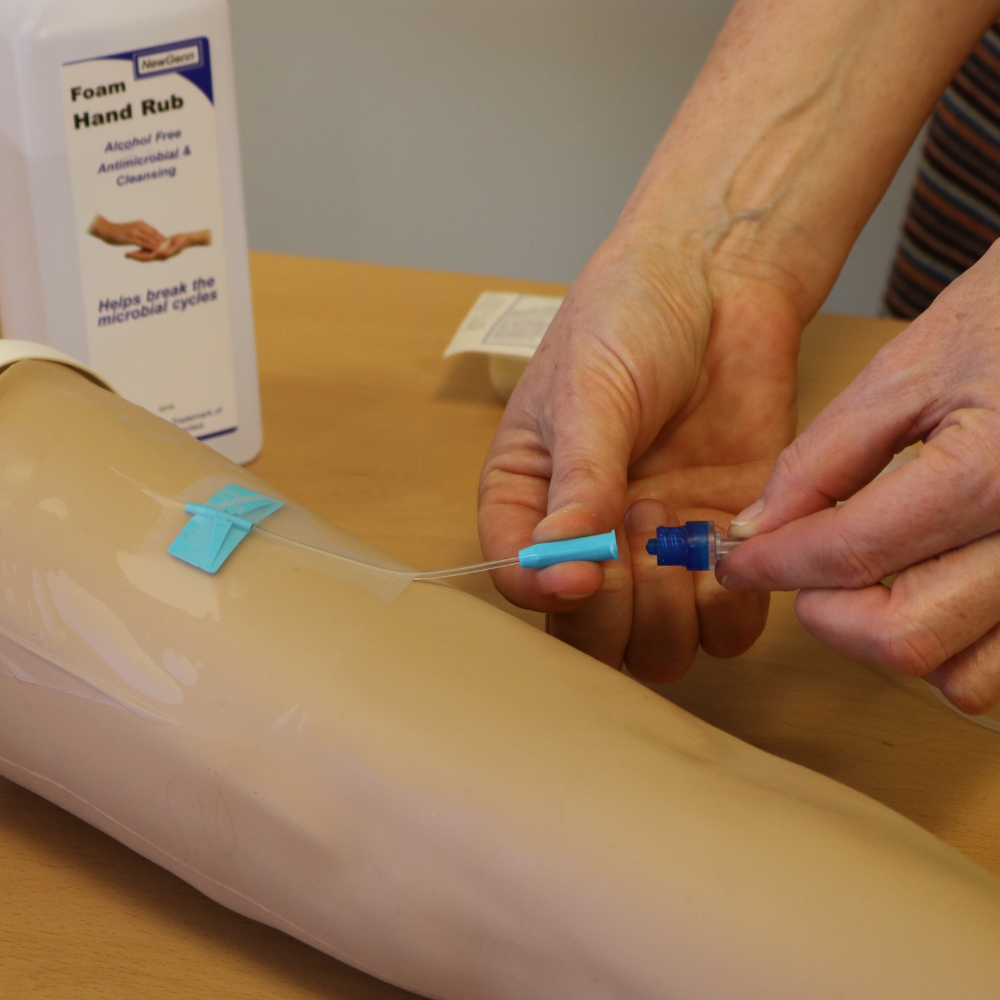
A training pack for carers and relatives being trained to give subcutaneous injections for symptom control. This should be used alongside the one-to-one training provided by your nurse.
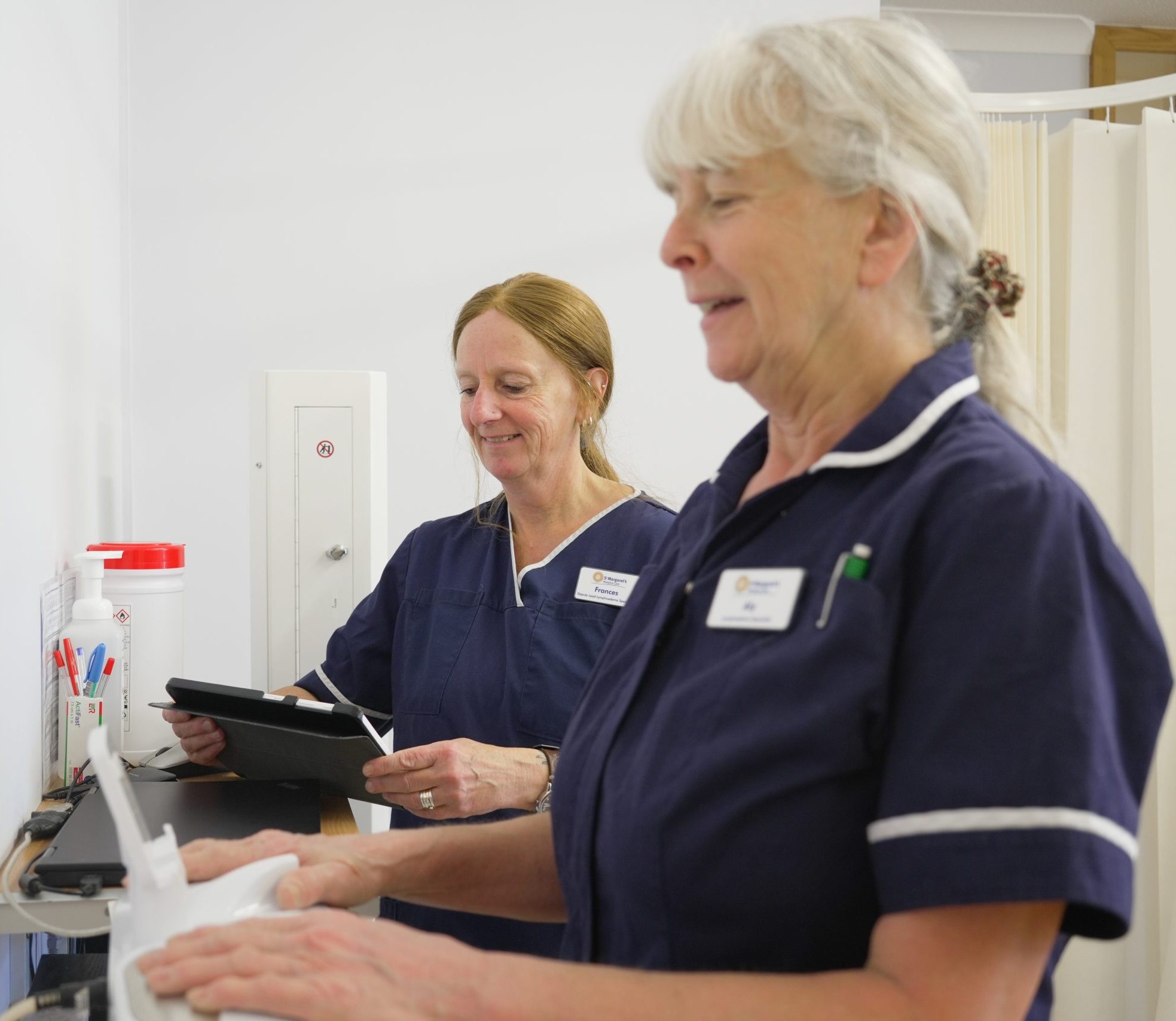
An educational video supporting people who are at risk of developing lymphoedema after treatment for cancer.

Cellulitis is a skin infection causing redness, swelling, pain, and warmth, often accompanied by fever and nausea, and is more common in individuals with lymphoedema.